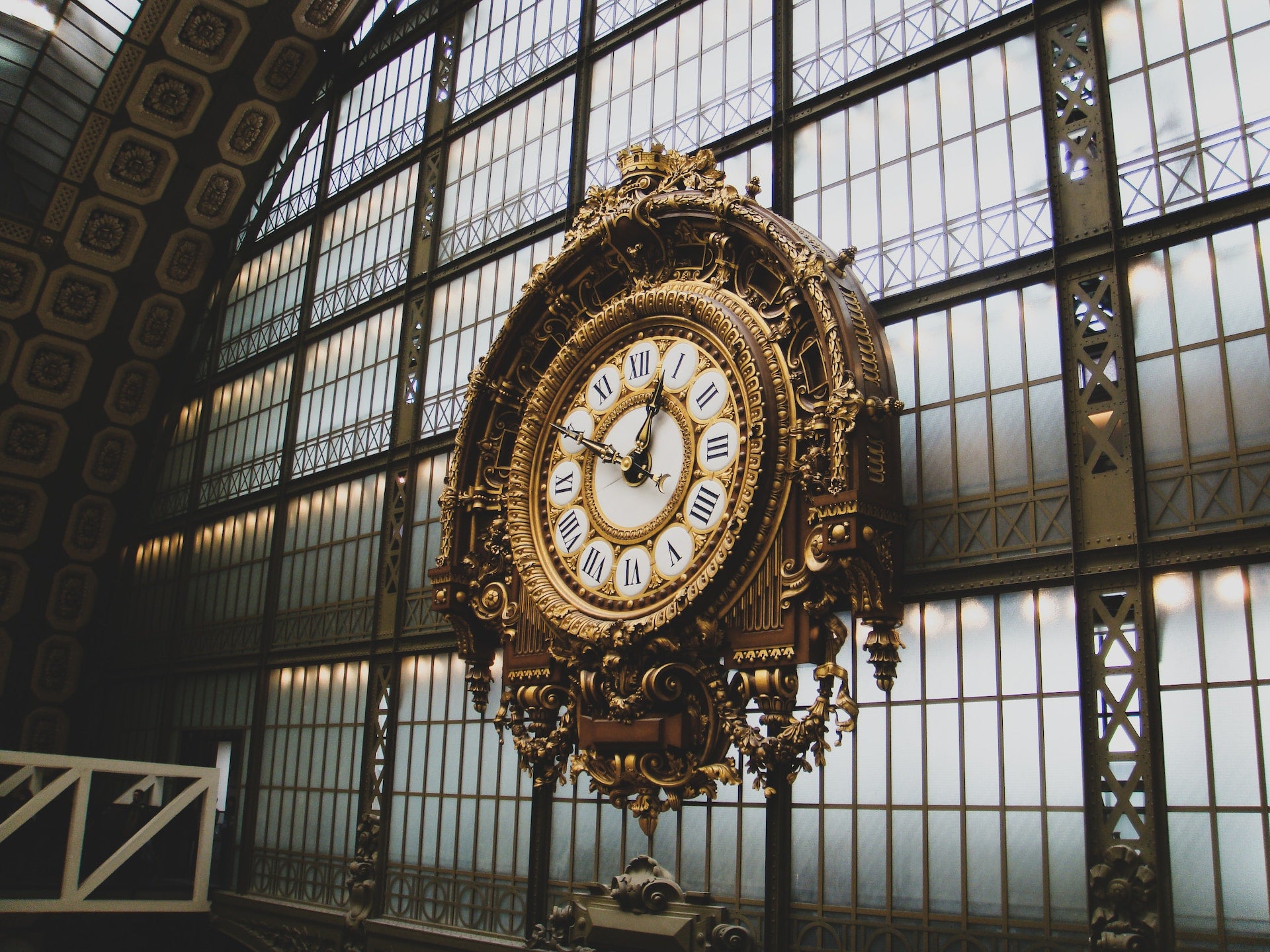Antique clocks are not only prized for their timekeeping abilities but also for their exquisite design and craftsmanship. In this article, we'll delve into the world of antique clocks, exploring their timeless beauty and the intricate artistry that makes them cherished heirlooms and collectors' treasures.
-
Grandfather Clocks: Also known as longcase clocks, these stately timepieces date back to the late 17th century. Their impressive wooden cases, often adorned with intricate carvings, house precise pendulum-driven movements. The dials, with their delicate hands and Roman or Arabic numerals, are works of art in their own right.
-
Mantel Clocks: Designed to sit atop a mantelpiece or shelf, mantel clocks are smaller than longcase clocks but no less intricate. Popular styles include French ormolu clocks, with their gilded bronze cases and elaborate decorative motifs, and American-made Ansonia clocks, featuring ornate cast iron designs.
-
Wall Clocks: A diverse category, wall clocks range from simple wooden timekeepers to ornate Viennese regulators. Particularly notable are the English fusee clocks, which boast precise movements and elegant wooden cases, and the whimsical Black Forest cuckoo clocks, known for their charming carved figures.
-
Carriage Clocks: These portable timepieces, popularized in the 19th century, feature compact brass cases and beveled glass panels, making them both functional and stylish. Carriage clocks often include additional complications, such as alarms or calendar displays.
-
Bracket Clocks: With their wooden cases and decorative brass details, bracket clocks are designed to sit on a wall-mounted shelf or bracket. These elegant timepieces often feature chimes, striking the hours on a bell or gong.
-
Skeleton Clocks: Aptly named for their exposed movements, skeleton clocks showcase the intricate inner workings of the timepiece. The minimalist design, often featuring a glass or openwork metal case, highlights the beauty and precision of the clock's mechanism.
The aesthetics of antique clocks reflect the artistry and cultural influences of their time, from the opulence of the Baroque era to the restrained elegance of the Georgian period. To own an antique clock is to possess not only a functional timekeeper but also a piece of history and a work of art that continues to captivate and inspire.


